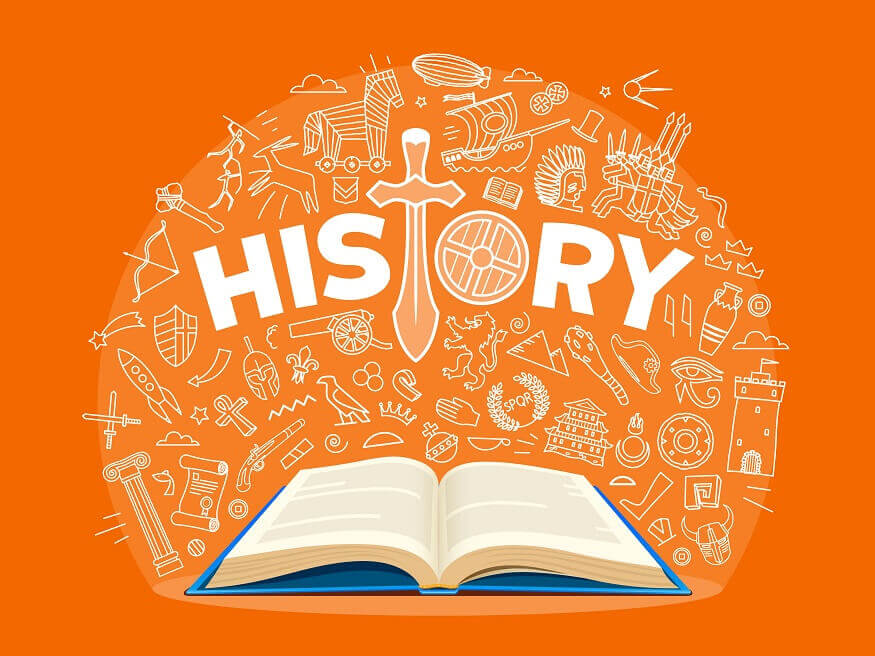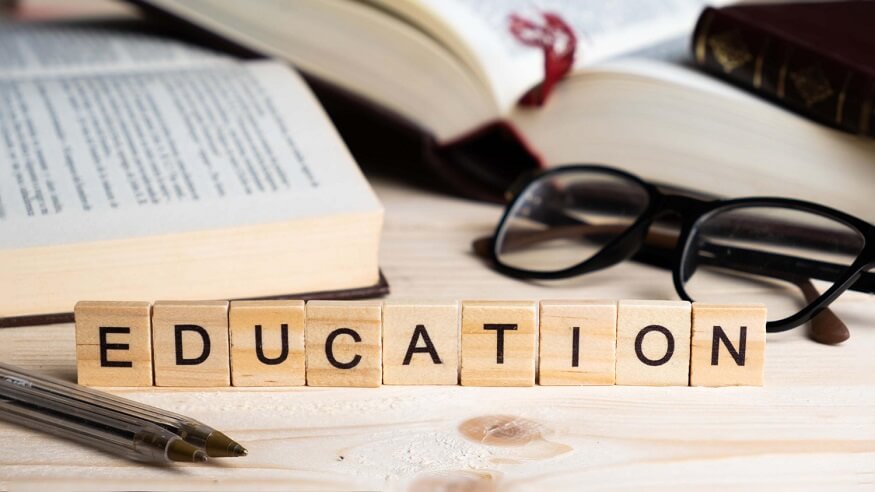The main goal of history is to help us understand our world better. “Where do we come from?” and “How did we get here?”. It is only by exploring these fundamental questions that people gain an understanding of the past that enables us to shape a better future.
In this blog, we will focus on the history of education and highlight its significance. History stands testimony to the fact that the education system has played a pivotal role, in shaping individuals, communities, and even entire nations. Across centuries and civilizations, education has been a driving force for socio-economic development and progress.
Hence, it becomes imperative for teachers, educators and policymakers to understand the importance of the history of education and how educational practices have evolved. Delving into the history of education will not only help them evaluate current educational practices but also help them in shaping future policies, and developing effective instructional methods to address the needs of new-age learners.
Also Read: Integrated Education – Meaning, Objectives, Scope & Suggestion
Understanding the Evolution of Educational Systems
Different societies have approached education with diverse objectives and purposes. Educational systems have been designed, implemented and delivered to meet the aspirations of every era.
For example, in ancient Greece, education was mainly focused on cultivating character and training in the liberal arts, while in mediaeval Europe, education was primarily provided by the church and mostly centred on religious instruction. In India, the ancient system of education was based on the Vedas which centred around the development of personality and moral strength.
It was in this era that the teachings of philosophers like Socrates, Plato, and Aristotle shaped the education system to focus on virtues and the development of critical thinking skills. The emergence of cathedral schools during the Middle Ages witnessed curriculums revolving around theology and scriptural study. Universities expanded to include fields like law, medicine and philosophy.
It was in the 19th century, the era of the Industrial Revolution, that changed the nature of education, as schools became more standardised and focused on imparting practical skills to the workforce.
As industrialisation progressed, the need for a skilled workforce came to the fore to meet the demands of the emerging industries. This led to a rise in the establishment of compulsory education years and public schooling. This set the stage for the modern-day education systems that we are familiar with today.
Also Read: 10 interesting ways to learn history
Comprehending the Sociocultural Context of Education
The history of education also helps us understand the impact of social, political, cultural and economic factors that had an influence on education in the yesteryears and how different educational practices revolved around sociocultural factors.
For instance, in Confucian societies such as China, education has traditionally been seen as a means of achieving social mobility and fulfilling filial duties, whereas in Western societies, education has been associated with individualism and personal fulfilment. In the United States, the education system was highly impacted by racial and gender inequalities that resulted in unequal opportunities and outcomes.
Furthermore, education has also seen influenced by economic and political factors such as class, power, and ideology. The history of education reveals how education has been used as a tool for social control, for instance, in the Soviet Union, where education was part of the state apparatus aimed at promoting Marxist ideology and suppressing dissent.
In India, the rise of Brahmanic education aimed at infusing a spirit of religiousness, formation of character, development of personality and spread of national culture.
By knowing and understanding how education has been used as a means of promoting certain political and economic agendas, one can better evaluate current educational policies and practices.
Analysing the Impact of Educational Theories and Philosophies on Pedagogical Practices
Early educational philosophies and theories have shaped various pedagogical practices prevalent today. Different methodologies have been developed based on various schools of philosophies such as idealism, pragmatism, behaviourism and constructivism.
For example, the philosophy of educational thinker and philosopher John Dewey believed that education should be experiential and promote critical thinking, problem-solving, and democracy. His ideas have been instrumental in promoting the importance of experiential learning in education. Similarly, the work of Maria Montessori emphasised hands-on learning and self-directed exploration. Behaviourist theories of learning, such as those proposed by B.F. Skinner introduced the use of reinforcement strategies in the classroom.
By studying the impact and the strengths and limitations of different philosophies and theories educators and policymakers can reflect upon their teaching practices and make informed decisions about implementing these theories in the classroom. Designing effective pedagogical practices not only enhances engagement, and motivation and drives learning outcomes amongst students, but they also enable educators to be flexible and responsive to the evolving demands of a rapidly changing world.
Also Read: What is a pyramid: History of egyptian pyramid and construction
Lessons from the Past: Applying History to advance education and Research
A study of the history of education offers a historical perspective to researchers working to advance educational research and development. Researchers can learn from the past and identify the gaps in knowledge and explore new challenge areas in the current educational scenario.
Policymakers can use historical knowledge to draw out the long-term consequences of various education policies and make informed decisions about future educational reforms. This is particularly important to develop sustainable and forward-thinking policies that consider the long-term impact on the learner and society.
Historians can provide the narratives that support the educational research while psychologists can help with an analysis of the cognitive processes that were used in designing the learning.
Preserving educational heritage
The history of education also helps preserve the educational heritage of different civilisations. It helps us identify and honour the work of educational pioneers, reformers and visionaries of the past and build upon their legacy.
A deeper understanding of our educational heritage connects scholars and researchers to the roots and fosters a sense of belonging. This helps them collaborate with a shared sense of purpose and commitment to building future educational reforms aimed at growth and progress.
Also Read: The Importance of School Education
Conclusion
The study of the history of education equips us with knowledge, promotes a cultural understanding and enables interdisciplinary collaboration. One can draw insights into the challenges and opportunities facing educational systems and develop more effective policies and practices. It paves the way for creating an innovative, equitable and inclusive education system.
Our approach to education at EuroSchool encompasses learning from the history of education. We thus incorporate global theories of learning and technological advancements, into our curriculum and pedagogy. This makes us an integral part of the ongoing evolution of education while preparing students for the challenges and opportunities of the 21st century.










